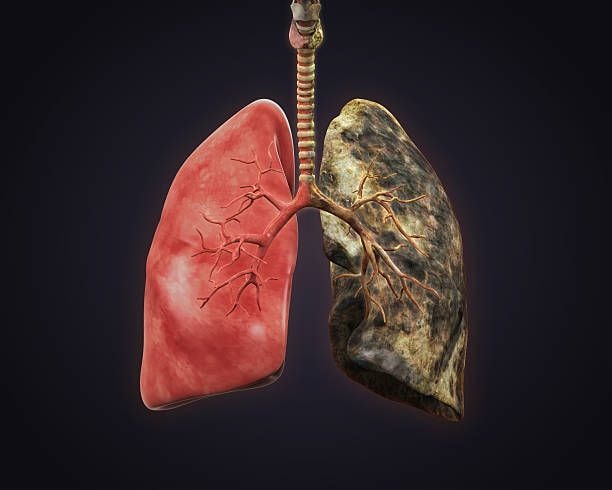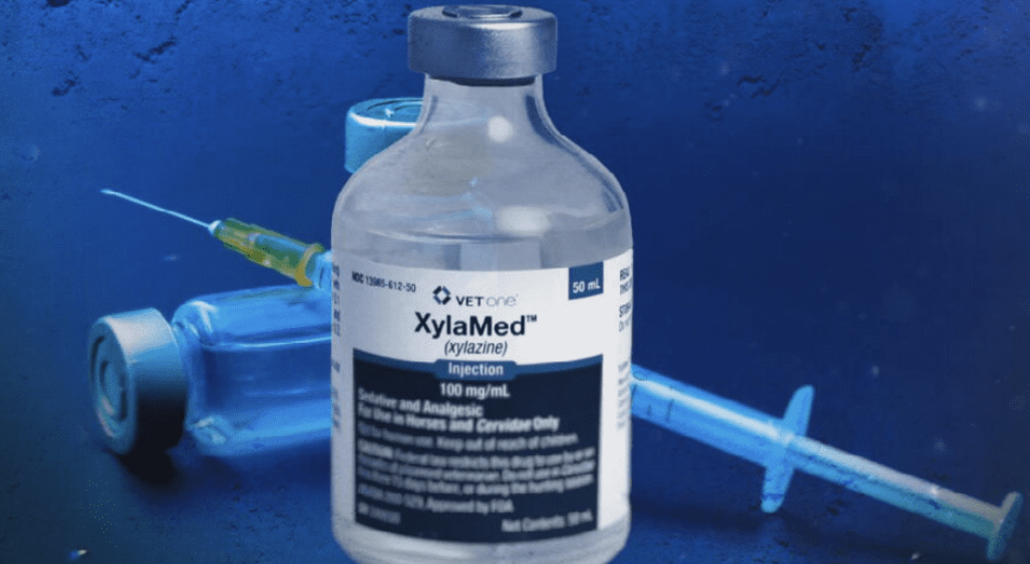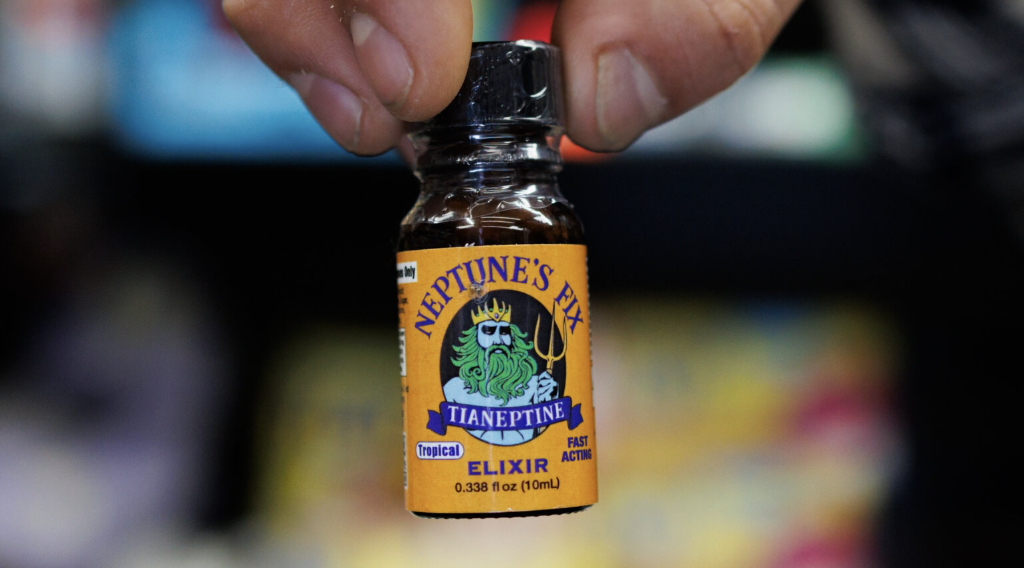Are cough and cold medicines addictive? Yes, certain ingredients like dextromethorphan (DXM) and codeine can lead to addiction if misused. This article explores which medicines pose the highest risk, signs of dependency, and safe usage guidelines. Stay informed to protect yourself and your loved ones.
Key Takeaways
- Cough and cold medicines with ingredients like dextromethorphan (DXM), codeine, and promethazine are associated with a high risk of addiction and misuse, especially among teens.
- Short-term relief from symptoms can lead to long-term dependency, with serious mental and physical health consequences including cognitive decline and mood disorders.
- Safe usage involves adhering to dosage guidelines, consulting healthcare professionals for persistent symptoms, and secure storage to prevent misuse.
Which cough and cold medicines are most likely to be addictive?
Certain ingredients in cough and cold medicines are known to have a higher risk of addiction:
- Dextromethorphan (DXM), found in many over the counter medicines (OTC) cough syrups and otc drugs
- Codeine, present in prescription syrups
- Antihistamines like promethazine, which can also lead to dependency issues.
Recognizing these active ingredients helps in mitigating the risks of cough medicine abuse, which can fall under various types of addiction depending on the user’s intent and behavior.

Dextromethorphan (DXM) and OTC cough syrups
Dextromethorphan, or DXM, is a common ingredient in over 120 OTC cold medications, including well-known brands like Robitussin DM and NyQuil. While it is effective as a cough suppressant, DXM can produce euphoria and hallucinogenic effects when taken in excessive amounts. This misuse, often referred to as “robotripping” or “robo dosing,” can lead to serious side effects such as confusion, agitation, and impaired motor function.
These medicines’ accessibility and low cost make them particularly appealing to teens. Chronic non medical use of drugs and drug use can lead to a substance use disorder, marked by uncontrolled consumption despite negative outcomes.
Codeine-based prescription syrups
Codeine, an opioid found in prescription cough syrups like Tuzistra XR and Promethazine with Codeine, is a controlled substance that is highly addictive and often linked to serious cases of codeine addiction due to its sedative properties. It provides pain relief and a euphoric effect, which can lead to misuse and dependency. Recreational use often involves mixing the syrup with soft drinks, creating mixtures commonly known as ‘lean’ or ‘purple drank’.
Codeine dependence is a significant aspect of the ongoing opioid addiction crisis, accounting for roughly 2% of admissions to substance abuse treatment facilities.
Promethazine and other antihistamines
Promethazine, an antihistamine, is often misused for its calming effects. It can cause significant drowsiness, making it appealing for those seeking relaxation or sleep. Misuse can lead to severe side effects, including hallucinations, seizures, and abnormal heart rhythms.
The combination of promethazine with opioids can enhance the euphoric effects, increasing the risk of addiction. Individuals with existing substance use disorders are particularly susceptible to promethazine addiction.
How do these medicines cause addiction?
The addictive nature of these medicines lies in their pharmacological impact on the brain. Ingredients like DXM and codeine alter brain chemistry by increasing dopamine levels, which can lead to compulsive use and addiction over time.
Examining the mechanisms behind this process reveals how it transitions from short-term relief to long-term dependency.

Short-term relief vs. long-term effects
While medicines like dextromethorphan provide immediate relief from cough symptoms, their prolonged use can lead to tolerance, requiring higher doses to achieve the same effect. Short-term effects include euphoria and hallucinations, but these benefits mask the serious long-term health issues such as mood disorders, cognitive impairments, and physical dependency.
Chronic use can result in significant psychological changes, including increased anxiety and depression.
Common signs of misuse and dependency
Early intervention depends on recognizing signs of misuse and dependency. Indicators include:
- Taking higher doses than recommended
- Using the medication for its psychoactive effects rather than for treating symptoms
- Experiencing cravings for the drug and signs of drug addiction.
Behavioral changes such as social withdrawal, erratic behavior, and a decline in personal hygiene can also signify warning signs of addiction.
Who is at risk of developing addiction to cough and cold medications?
Certain groups are more susceptible to developing an addiction to cough and cold medicines. Young adults and individuals with a history of substance abuse are particularly at risk.
Exploring these high-risk groups and the factors contributing to their vulnerability is essential.
Teens and recreational misuse
Teenagers are highly vulnerable to DXM misuse due to its easy accessibility and low cost. The trend of “robotripping,” characterized by consuming high doses of DXM, poses serious health risks such as liver damage and severe cognitive impairments, particularly among teens dextromethorphan.
The term ‘robo-tripping’ describes this risky trend among adolescents seeking euphoric effects.
Individuals with prior addiction history
People with a history of substance abuse are at a higher risk for developing new addictions, including to cough and cold medications. Such individuals may turn to DXM as a coping mechanism for stress or emotional pain, increasing the likelihood of dxm abuse, particularly with dissociative drugs. Cold medicine abuse can further complicate their situation.
These pre-existing patterns of substance abuse are challenging to manage and may involve polysubstance abuse, where individuals combine cold medications with other drugs to amplify their effects.
What are the short-term and long-term effects of misuse?
Understanding the short-term and long-term effects of misuse can help in recognizing the severity of addiction. Immediate effects include euphoria and auditory hallucinations, while prolonged misuse can lead to visual hallucinations, organ damage, cognitive decline, and serious mental health issues.
Physical health consequences
Chronic misuse of dextromethorphan can result in significant physical health consequences. These include liver damage, respiratory depression, and impaired cognitive functions such as memory. Long-term use can also lead to addiction, manifesting in physical dependence and withdrawal symptoms.

Mental and behavioral changes
Misuse of cough and cold medicines can lead to severe mental and behavioral changes, including:
- Increased anxiety
- Depression
- Compulsive drug-seeking behaviors
- Significant attention issues
- Memory problems
These effects can impact daily functioning, especially with long-term misuse and abuse potential, dissociative effects, and adverse effects.
How can you safely use cough and cold medicines?
Safe usage of cough and cold medicines involves adhering strictly to dosing instructions, including taking low doses, and consulting a doctor when necessary.
Practical guidelines for safe usage include proper dosage, duration, and label-reading.
When to consult a doctor
Seek medical advice if symptoms persist beyond several weeks or worsen. Immediate medical attention is necessary for severe symptoms like difficulty breathing, high fever, or chest pain.
A healthcare professional can help prevent misuse and manage any underlying conditions.
Safe storage and monitoring
Safe storage and monitoring of medications are crucial to preventing misuse, especially among children and teens. Keep medications in a locked cabinet, regularly check supplies to ensure proper usage, and discard expired products.
What are the treatment options for addiction to cough and cold medications?
For those struggling with addiction to cough and cold medications and other medications, various evidence-based treatment options, including over the counter medication and cold preparations, are available.
Options include medical detox, behavioral therapy, and support groups.
Medical detox and rehabilitation
Medical detox programs manage withdrawal symptoms during the initial phase of treatment safely. Rehabilitation may include inpatient and outpatient services tailored to individual needs.
These programs provide comprehensive support to help individuals recover from DXM dependence and other substance use disorders.
Cognitive behavioral therapy (CBT) and support groups
Cognitive Behavioral Therapy (CBT) focuses on changing negative thought patterns associated with substance abuse, helping individuals recover from addiction.
Support groups like Narcotics Anonymous offer a community of individuals sharing experiences and recovery strategies, vital for long-term sobriety.
Bottom Line: Cough and cold medicine addiction
The summary will encapsulate the key points discussed, emphasizing the importance of understanding the risks of cough and cold medicines, recognizing the signs of misuse, and knowing the treatment options available. It will end on an inspirational note, encouraging readers to use these medicines responsibly and seek help if needed.
FAQs about cough and cold medicine addiction
Can OTC cough syrups cause withdrawal symptoms?
Indeed, prolonged misuse of OTC cough syrups containing dextromethorphan (DXM) can result in withdrawal symptoms like irritability, insomnia, and strong cravings. It's essential to use these medications responsibly to avoid such adverse effects.
Is it safe to give cold medicine to children?
It is not safe to give cold medicine to children without pediatric guidance, particularly for those under 12, due to the risk of severe side effects. Always consult a healthcare professional before administering any medication.
Are natural remedies safer alternatives?
Natural remedies can offer benefits for mild symptoms, but they should not substitute for evidence-based treatments. Always consult a healthcare professional before making any decisions about your health.
What are the common signs of misuse and dependency on cough medicines?
Common signs of misuse and dependency on cough medicines are taking excessive doses, seeking the medication for its psychoactive effects, having cravings, showing social withdrawal, and experiencing erratic behavior. Recognizing these indicators is crucial for seeking help.
What are the treatment options for addiction to cough and cold medications?
Effective treatment options for addiction to cough and cold medications involve medical detox to address withdrawal, rehabilitation services, Cognitive Behavioral Therapy (CBT), support groups, and motivational interviewing. Engaging in a structured program can significantly enhance your recovery journey.
















